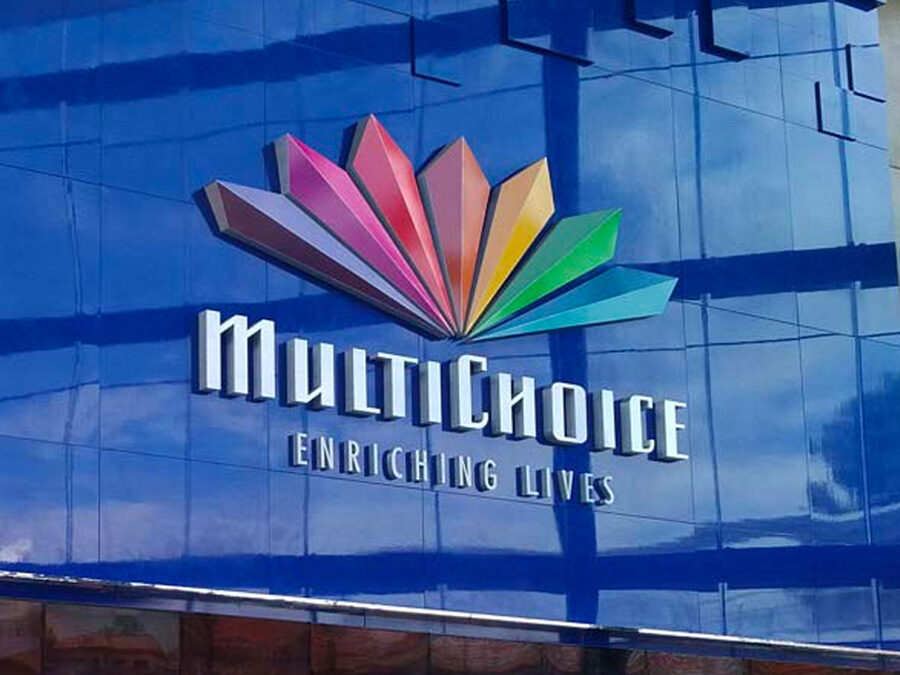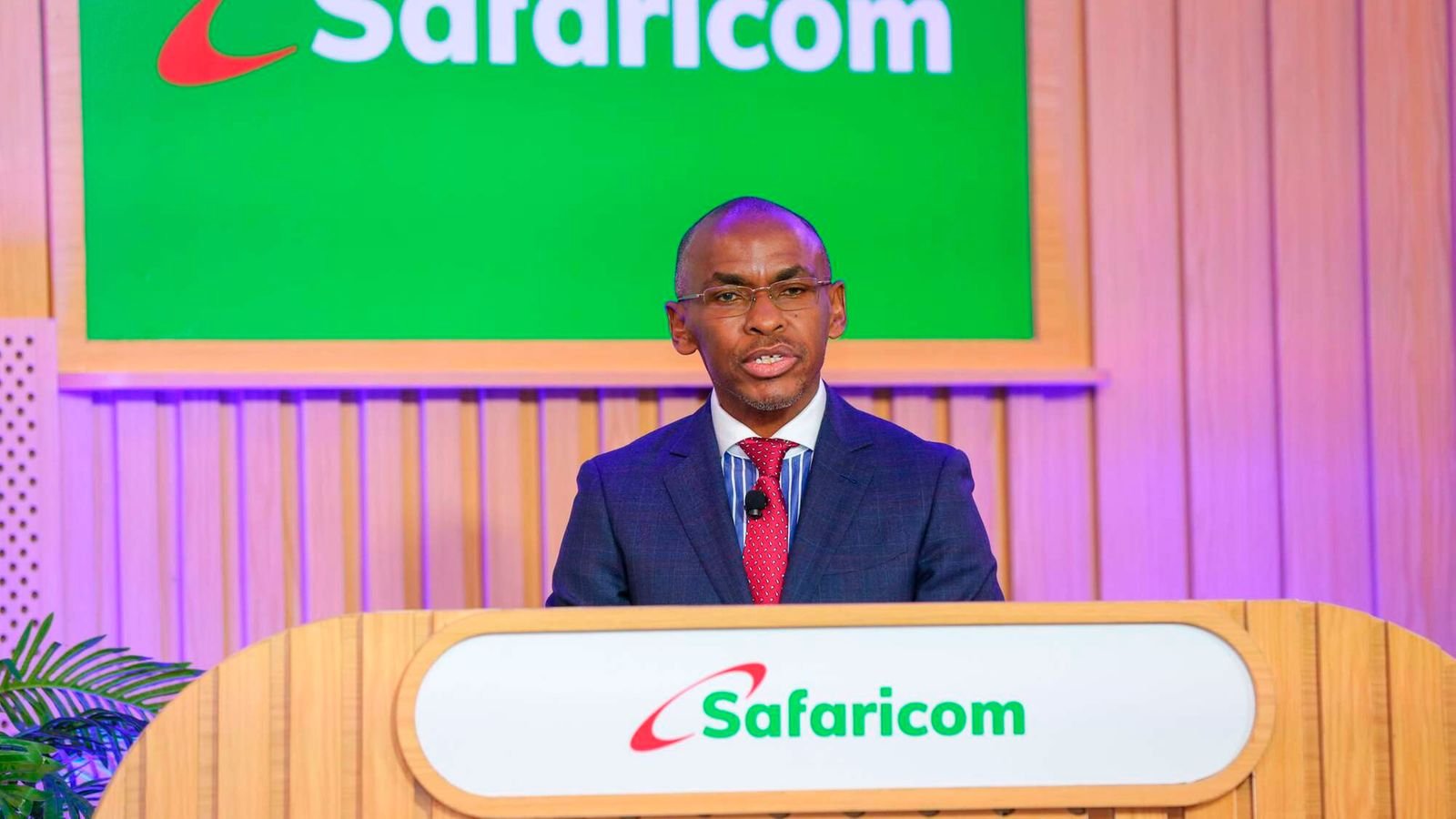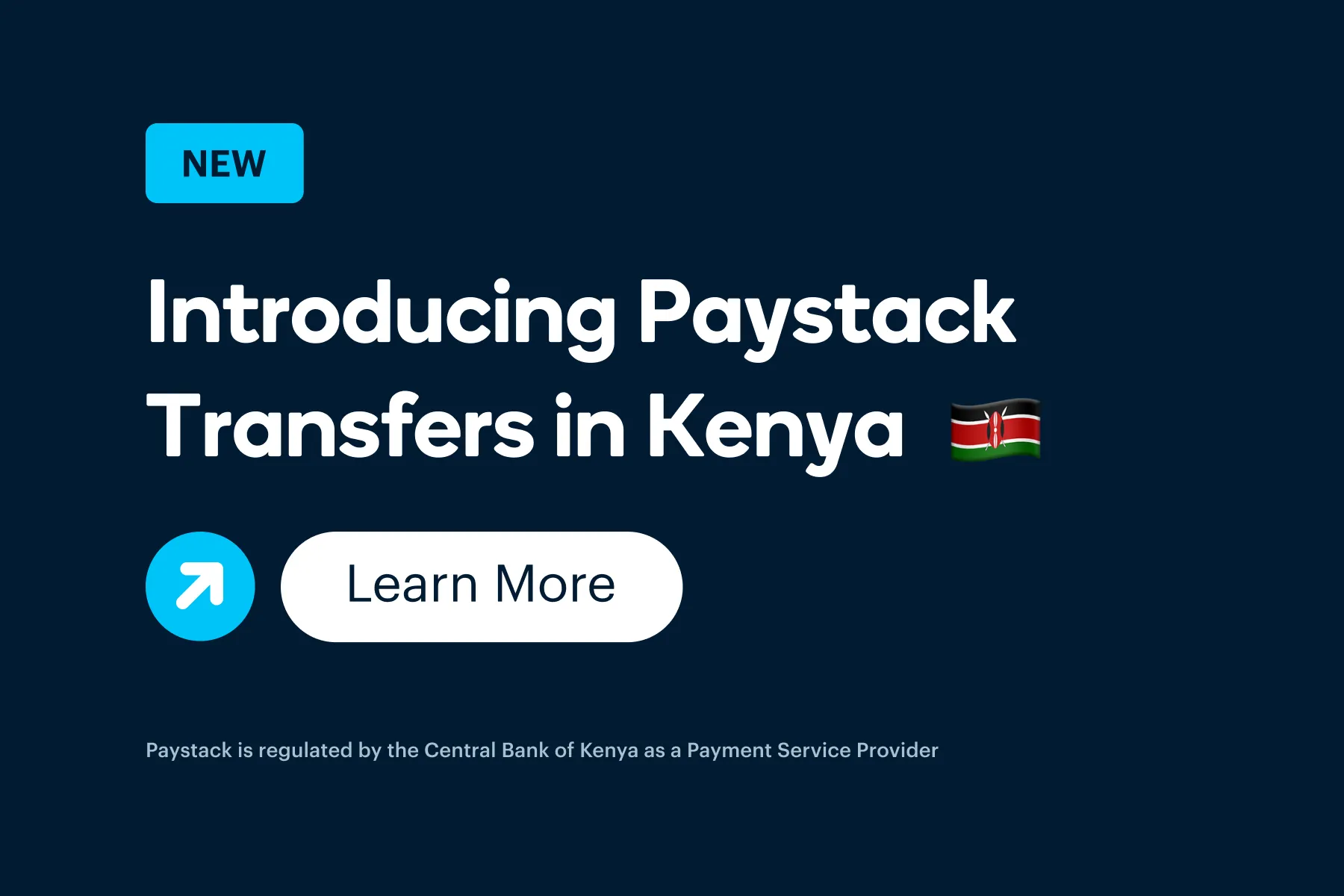- 👨🏿🚀TC Daily
- Posts
- Glo’s slippery slope
Glo’s slippery slope
Today: Mixed results for MultiChoice in H1 2024.


Happy mid-week!☀️
You might soon see Sam Bankman-Fried, the former CEO of FTX, on screen. Lena Dunham, Apple, and studio A24 are adapting Michael Lewis' book “Going Infinite: The Rise and Fall of a New Tycoon,” which explores Bankman-Fried's life and FTX’s collapse under money laundering allegations.
We hope you are looking forward to the movie as blockbusters don’t come in better wrapping than that.

Telco
Inside Globacom’s struggle to regain telecom relevance

One day, cock of the walk; next day, a feather duster.
When Globacom launched in August 2003, it was entering a contested market. MTN, Econet, and MTEL were already market leaders in a nascent market, and the entry of Globacom, the upstart Nigerian-owned telecom operator, shouldn’t have fazed them.
Yet, Globacom pushed its last-mover advantage, learning from the fact that customers hated the existing pay-per-minute method, which forced them to pay ₦50 ($0.03) whether they spent 1 second or 59 seconds on the phone. The upstart’s per-second billing was truly disruptive, forcing MTN and Econet to implement the same billing system two months later.
Glo wasn’t done. It threw down the gauntlet and crashed SIM card prices from ₦20,000 ($12) to ₦3,000 ($2) before offering everyone free SIM cards. This was a late entrant forcing the market to adapt to its moves.
Not done, Glo was one of the first networks to offer 2.5G internet and by 2009, it had landed a 9,800 km submarine cable in Lagos, showing its ambitions to connect all of Nigeria to the internet.
Today, no one remembers Globacom as an innovator. Its service quality is spotty, and its market share has slipped to 13%. Competitors don’t remember the last time the Nigerian telco did anything worth copying.
Here’s the story of how Globacom fell off and what its path to redemption looks like.
Read Moniepoint’s Case Study on Funding Women

After losing their mother, Azeezat and her siblings struggled to keep Olaiya Foods afloat. Now, with Moniepoint, they’re transforming Nigeria’s local buka scene. Click here for a deep dive into how Moniepoint is helping her and other women entrepreneurs overcome their funding challenges.
Companies
MultiChoice revenue declines by 10% in H1 2024

On Tuesday, MultiChoice, South Africa’s pay-TV giant, reported mixed half-year results for the period ending September 30, 2024, citing an “extremely hostile” operating environment.
Revenue reached R25.4 billion ($1.4 billion), declining by 10% year-on-year (YoY), but up by 4% on a constant currency basis, if currency fluctuations are not accounted for. Trading profit before tax, which previously grew to R6.6 billion ($364 million), fell by nearly half, weighed down by a R2.3 billion ($127 million) forex loss, particularly in markets like Nigeria and Zambia where currencies depreciated sharply against the US dollar. In May, the company previously responded by increasing subscription fees by 25% in Nigeria. With this loss, we could see MultiChoice inflate prices again.
MultiChoice’s streaming service, Showmax, saw strong growth, with a 50% subscriber increase and watch hours reaching 86,215, boosted by a R1.6 billion ($88 million) investment in local content production, marketing, and advertising.
Despite this, the group reported a 1.8 million drop in active subscribers—defined as people who have active primary subscriptions during the reporting period—since H1 2023, mostly from the Rest of Africa, reducing its total base to 14.9 million. This represents an 11% decline.
The decline was attributed to power cuts and load-shedding in key markets like Nigeria and Zambia, which led to lower engagement, customer frustration, and ultimately, higher churn rates as viewers struggled to access services.
Due to the receding active subscriber base, the average revenue per user (ARPU) in its Rest of Africa markets declined to $8 per user (-14%) across its streaming platforms, while it increased to $289 (+3%) in South Africa.
Globally, the pay-TV market plateaued, with other streaming services either expanding their value-added services or ramping up their spends. Nonetheless, MultiChoice saw improvements: its liquidity position rose to R10.1 billion ($558 million), and it led to higher cost-savings among its South African peers.
Additional wins included a revenue boost from KingMaker, its gaming and sports betting product which gained momentum in Nigeria, bringing ₦68 billion ($41 million) in revenue. Its fintech arm, Moment, also gained traction in South Africa and other Sub-Saharan regions.
MultiChoice will continue to splurge on Showmax—which it describes as being in its "peak investment cycle”—focusing on original content and marketing to rival Netflix and Apple TV. It is optimistic about Showmax’s profitability, after ending a streaming partnership with Comcast.
Issue USD and Euro accounts with Fincra

Whether you run an online marketplace, a remittance fintech, a payroll, a freelance platform or a cross-border payment app, Fincra’s multicurrency account API allows you to instantly create accounts in USD and EUR for customers without the stress of setting up a local account. Get started today.
Companies
Safaricom suspends advertising on Nation Media group

Journalism can be a double-edged sword. Most newsrooms keep the lights on by a limited number of revenue streams, including running advertisements for companies they report on regularly.
While the purpose of journalism is to give the facts, expose what is untrue, and give information that is of public interest, many big corporations may be interested in the last segment as it sometimes involves critical coverage by newsrooms.
These big corporations often try to intimidate media houses or threaten to withdraw advertising deals such as the case of Kenya’s largest telecom operator, Safaricom suspending its ad spending with Nation Media Group (NMG) platforms after it criticised the telco.
Safaricom’s withdrawal of advertising spend comes after several NMG subsidiaries published critical reports about the company, including one that claimed Safaricom shared user data—including calls, texts, and location—without proper consent. Safaricom has denied this claim but it doesn't appear to stop there.
While this is not the first time that Safaricom has withdrawn advertising deals from a media house, this episode shows the need for newsrooms to find new revenue streams in order to support fair and balanced reporting.
Already, newsrooms across the continent are already facing financial pressures with droves of reporters leaving journalism to pursue other things. The big question remains, what sustainable path can journalism turn?
Introducing Paystack transfers in Kenya 🇰🇪

Paystack merchants in Kenya can now send single and bulk transfers to any Kenyan bank or MPESA account (including customer wallets, Paybills, and Tills) Learn more →
CRYPTO TRACKER
The World Wide Web3
Source:

Coin Name | Current Value | Day | Month |
|---|---|---|---|
| $87,706.71 | - 0.90% | + 36.61% | |
| $3,230.09 | - 3.32% | + 27.60% | |
| $0.02673 | + 236.84% | + 188.32% | |
| $205.57 | - 6.57% | + 34.87% |
* Data as of 05:30 AM WAT, November 13, 2024.
Opportunities
- The Growth4Her Accelerator is open for women that want to take their businesses to the next level. Get expert mentoring, networking, and access to alternative financing options for your SMB. Apply for Cohort 4.
- Applications are open for the 2025 Acumen West Africa Fellows Programme, a fully funded opportunity for emerging leaders in West Africa. This six-month hybrid program supports individuals who are committed to solving poverty through entrepreneurship in sectors like education, agriculture, energy, and healthcare. Participants remain in their jobs while engaging in virtual and in-person learning experiences designed to build their leadership skills. Apply by November 25.
- Applications are open for the 2025 Google for Startups Growth Academy: AI for Cybersecurity, a three-month hybrid program for Seed to Series A startups using AI to tackle cybersecurity challenges. Selected startups will receive equity-free support, mentoring from Google experts, and tools to scale internationally. The program includes in-person kickoff and graduation sessions, along with continuous mentorship and technical consulting. Apply by December 3.
Get 60% off Google Workspace for a Year

Start on Google Workspace with a 60% discount on your monthly subscription and pay in Naira when you pay through Mercurie. Sign up to get started now.

Written by: Olumuyiwa Olowogboyega, Emmanuel Nwosu, and Faith Omoniyi
Edited by: Olumuyiwa Olowogboyega
Want more of TechCabal?
Sign up for our insightful newsletters on the business and economy of tech in Africa.
- The Next Wave: futuristic analysis of the business of tech in Africa.
- Entering Tech: tech career insights and opportunities in your inbox every Wednesday at 10 AM WAT.
- TC Scoops: breaking news from TechCabal
P:S If you’re often missing TC Daily in your inbox, check your Promotions folder and move any edition of TC Daily from “Promotions” to your “Main” or “Primary” folder and TC Daily will always come to you.



